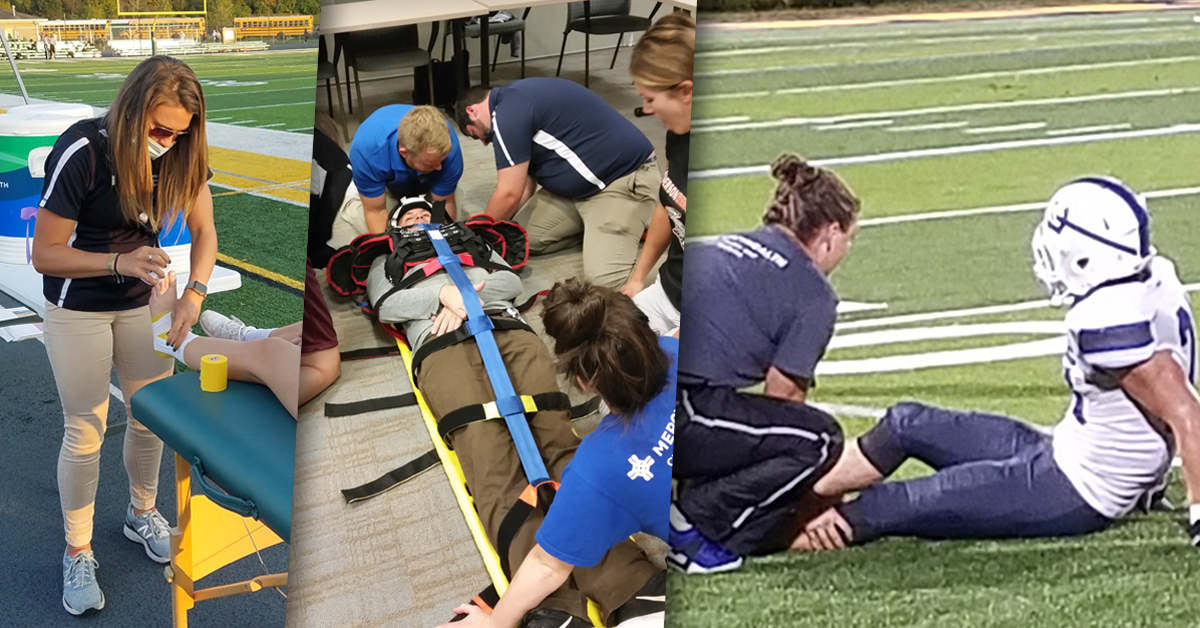Everything you need to know about shoulder pain
Shoulder pain is common — but how do you know what type of shoulder pain you’re experiencing? If you experience pain and swelling in the front of your shoulder and on the side of your arm, you could be experiencing rotator cuff tendonitis. Pain from rotator cuff tendonitis is often triggered by a repetitive motion, such as frequently and repeatedly raising or lowering your arm. It often gets worse with time — even when you’re resting.
What is rotator cuff tendonitis?
Rotator cuff tendonitis, also called shoulder impingement syndrome, is a degenerative shoulder condition that causes swelling or damage to the tendons in your shoulder joint. Because of repetitive, over-the-head motions, swimmers, baseball players, softball players, tennis players and other athletes are at higher risk to develop this type of shoulder pain.
What are the symptoms of rotator cuff tendonitis?
The most common symptom of rotator cuff tendonitis is pain on the outer part of the upper arm or top of the shoulder. You might also notice a “clicking” sound, loss of range of motion and tenderness in the shoulder joint. The shoulder pain typically worsen over time and could become so severe that they wake you up at night.
Can rotator cuff tendonitis be treated at home?
Some minor cases of rotator cuff tendonitis can be treated successfully without medical intervention, although you should always consult with your doctor. With mild to moderate symptoms, less severe cases of tendonitis may be treatable with stretching and anti-inflammatory medications. Be sure to consult with a specialist as soon as you feel the pain. We also recommend taking a break from the activities that have caused the pain. Ice the affected area and then use heat therapy when the pain starts to subside.
It’s always best to discuss your condition with your primary care provider or a specialist, so make sure to seek medical advice, even if the pain subsides.
When do I need to see my doctor?
If you have moderate to severe symptoms, or symptoms that are not improving and affecting your daily activities, make an appointment with your doctor immediately. The good news? Rotator cuff tendonitis is curable and most people recover with appropriate treatment, which can range from physical therapy to surgery.
How can I prevent rotator cuff tendonitis?
To stay healthy and prevent future cases of rotator cuff tendonitis, avoid carrying heavy objects or bags on one shoulder and try not to sleep on your same side every night. Rest from any sports that caused the condition and avoid repeatedly lifting your arms overhead.
Early diagnosis and treatment for rotator cuff tendonitis can help you return to your activities quickly. If you think you have rotator cuff tendonitis, you can schedule an appointment with a physician near you by visiting mercy.com. While athletes will want to schedule with a sports medicine doctor, non-athletes can see a primary care physician. Your primary care doctor will refer you to an orthopedic specialist if advanced care is necessary.
Interested in more stories like this? Learn more about tennis elbow and jumper’s knee.







2 Comments
Post a CommentCONNIE S RHOADS
Trying to find address and phone number for Dr Hassan.Please help.Thank you!Mercy Health
Hi Connie, we have a few Dr. Hassan's who work at Mercy Health. I'd suggest searching for the correct doctor using our Find A Doctor tool to get the contact information.